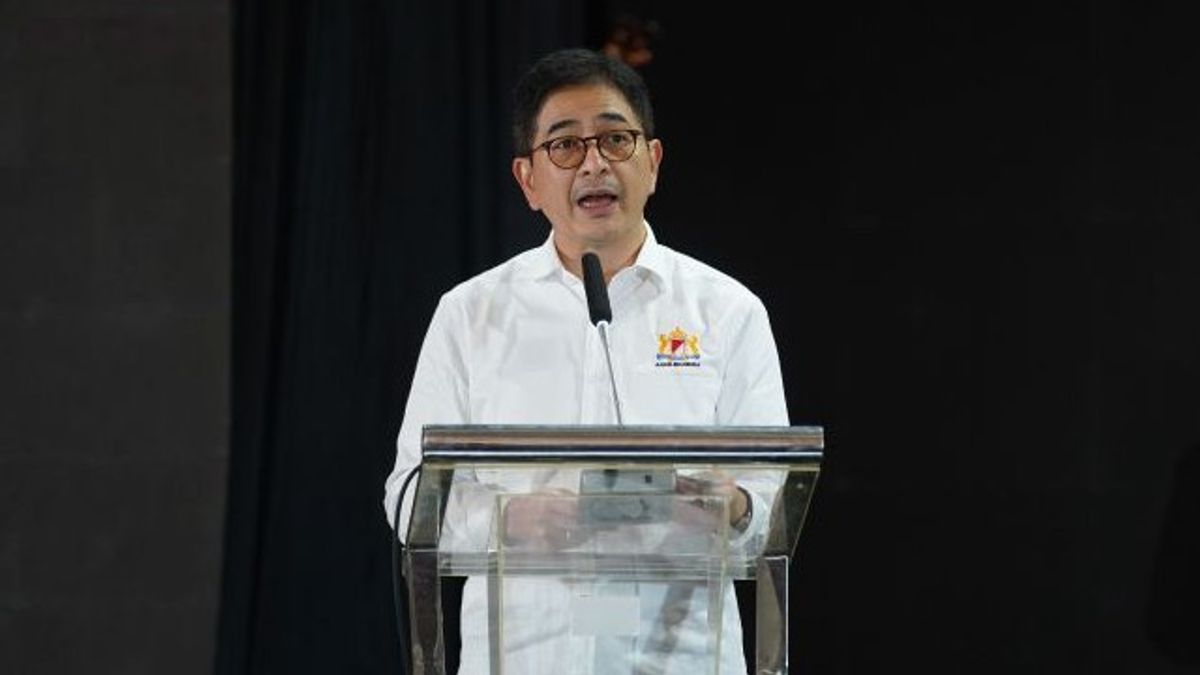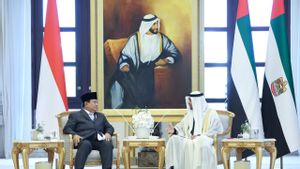Chairman of the Indonesian Chamber of Commerce and Industry (Kadin) Arsjad Rasjid assessed that the electric vehicle incentive program will be able to accelerate electrification and achieve energy transition targets while supporting Indonesia to become the world's electric vehicle giant.
"This incentive program is proof of the commitment of the Indonesian government which will soon fully adopt the use of electric vehicles as well as become the electric vehicle industry giant," he said in a statement in Jakarta, quoted from Antara, Thursday, April 13.
Through Presidential Regulation (Perpres) Number 55 of 2019 concerning the Battery Electric Vehicle Program (KBL) for Road Transportation, the government targets the adoption of electric vehicles of up to 2 million units by 2025.
Arsjad said, compared to neighboring countries in ASEAN areas such as Thailand and Malaysia, Indonesia is still lagging behind in terms of electric vehicle adoption.
According to McKinsey's research in 2021, Thailand managed to get a percentage of electric vehicle adoption of 0.7 percent and Malaysia of 0.3 percent. Meanwhile, Indonesia was only able to adopt electric vehicles by 0.1 percent.
The delay in adoption of electric vehicles in Indonesia is due to prices that are still relatively high for people to move from non-electric vehicles to electric vehicles.
As for neighboring countries such as Thailand and Malaysia, there are various incentives that can encourage people to move to adopt electric vehicles.
For this reason, various incentives were issued that were able to help the community and the electric vehicle industry ecosystem in Indonesia develop faster.
"The policy of this incentive program is the most appropriate, because with this change, Indonesia will greatly attract various electric vehicle manufacturers who were previously more interested in Thailand and Malaysia. This step has become Indonesia's game-changer for the electric vehicle industry," added Arsjad.
As Chair of ASEAN-BAC, Arsjad said that the acceleration of the use of electric vehicles in Indonesia is in line with one of the ASEAN-BAC priority issues related to sustainable development.
"We have carried out roadshows to various countries in the ASEAN region such as Malaysia, the Philippines, and Vietnam, all of which say that industrial decarbonization, some of which is through the use of electric vehicles and the manufacturing industry of electric and battery vehicles, needs to be developed for us," he said.
To support industrial decarbonization, the ASEAN Net Zero Hub and Carbon Center of Excellence have been established to promote collaboration, knowledge sharing, and best practices related to industrial decarbonization and enable carbon mechanisms and progress throughout the ASEAN region.
The English, Chinese, Japanese, Arabic, and French versions are automatically generated by the AI. So there may still be inaccuracies in translating, please always see Indonesian as our main language. (system supported by DigitalSiber.id)













